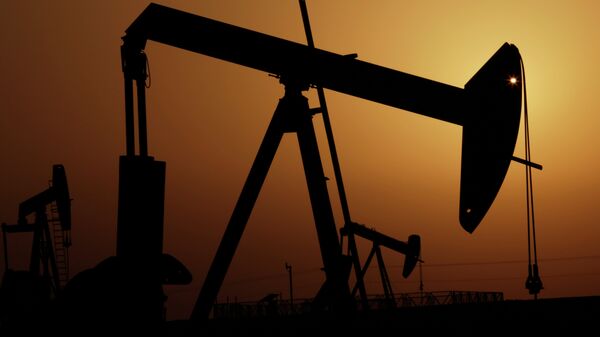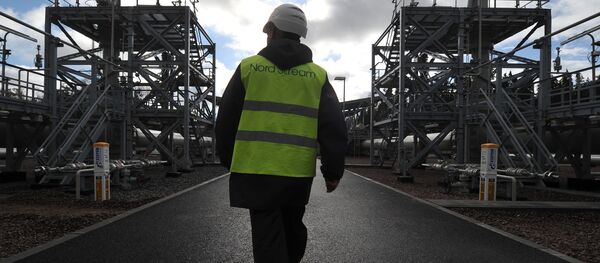WASHINGTON (Sputnik) — In most cases, alternate shipping routes exist, albeit with limited volume or by adding thousands of miles for ocean-going tankers, according to the report.
"The inability of oil to transit a major chokepoint, even temporarily, can lead to substantial supply delays and higher shipping costs, resulting in higher world energy prices," the report stated.
The Strait of Hormuz, which limits tankers to a two-mile-wide shipping channel, is the best-known obstacle through which 30 percent of the world’s natural gas passes, the report said.
Egypt’s Sumed Pipeline would provide an alternative route for just over half of the 3.9 million barrels of crude oil and refined products shipped daily through the second chokepoint — the Suez Canal, the report noted.
The Bab el-Mandeb Strait between Yemen, Djibouti and Eritrea represents the third chokepoint, which can be bypassed by with a route around Africa’s Cape of Good Hope, which adds 2,700 miles to route from Saudi Arabia to the United States, the report said.



